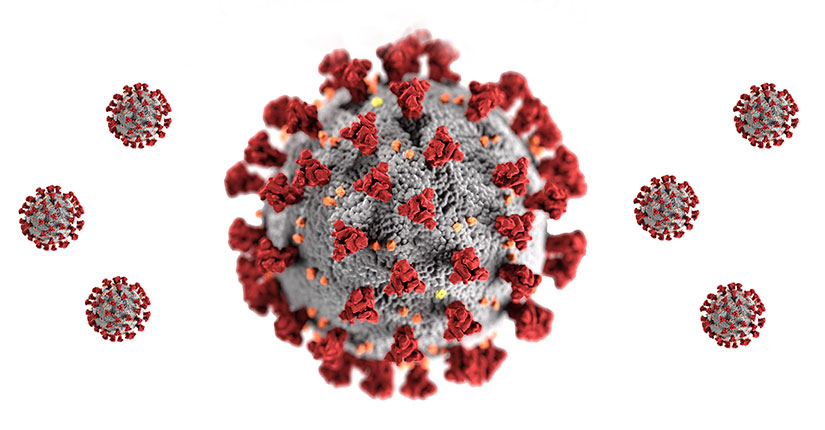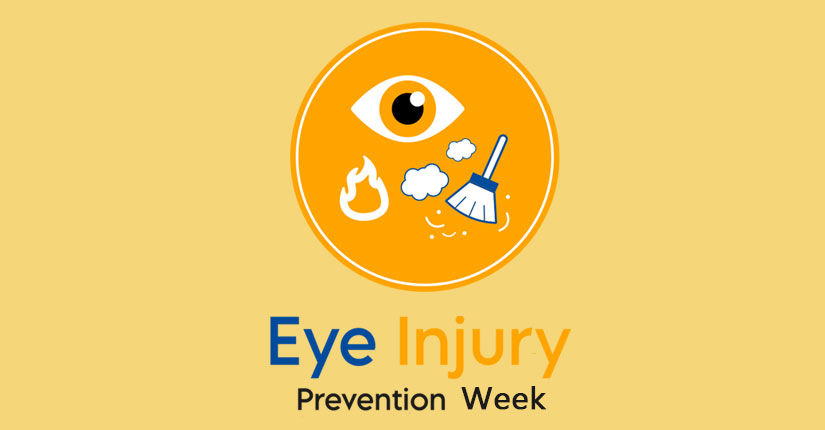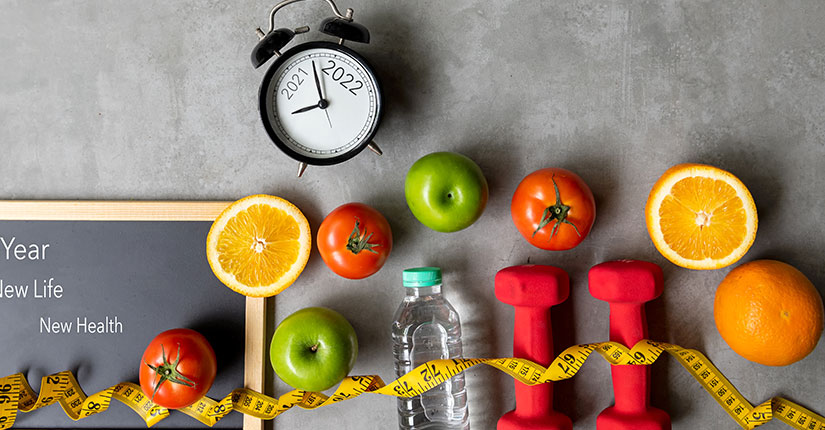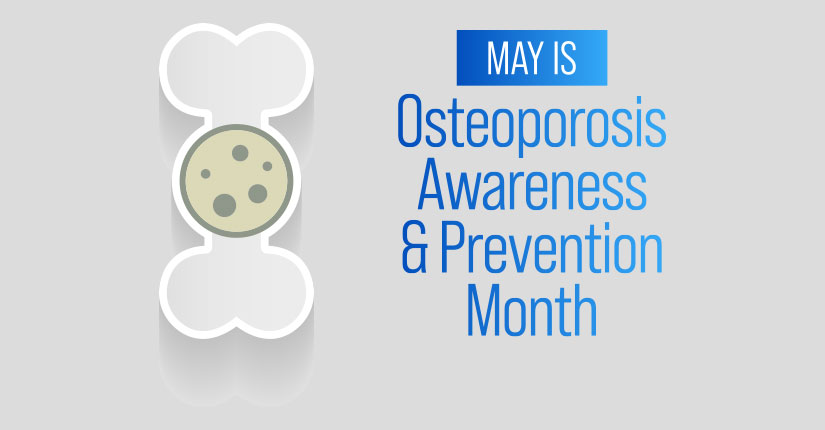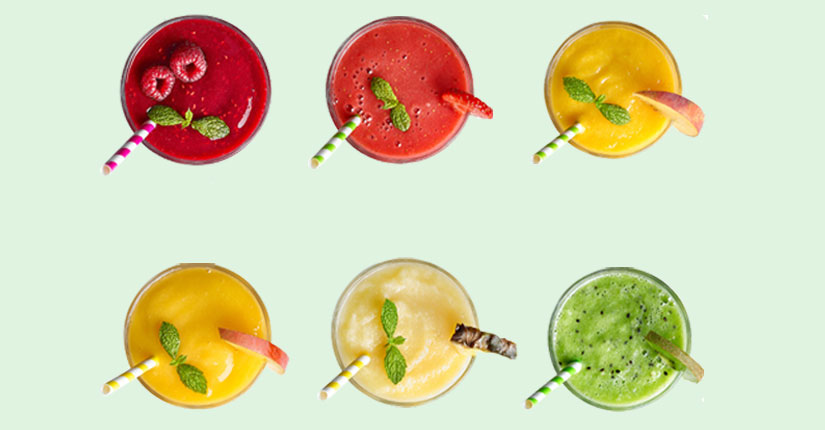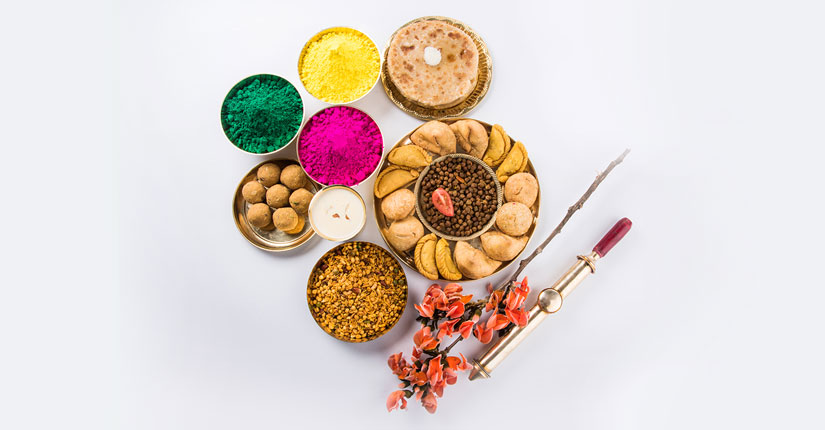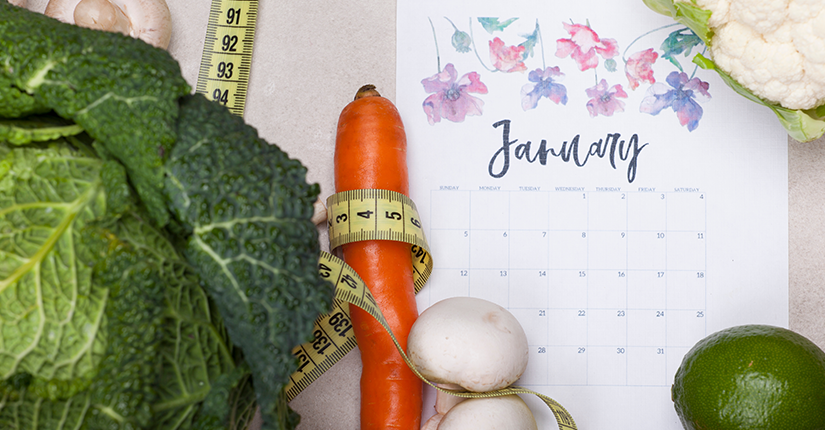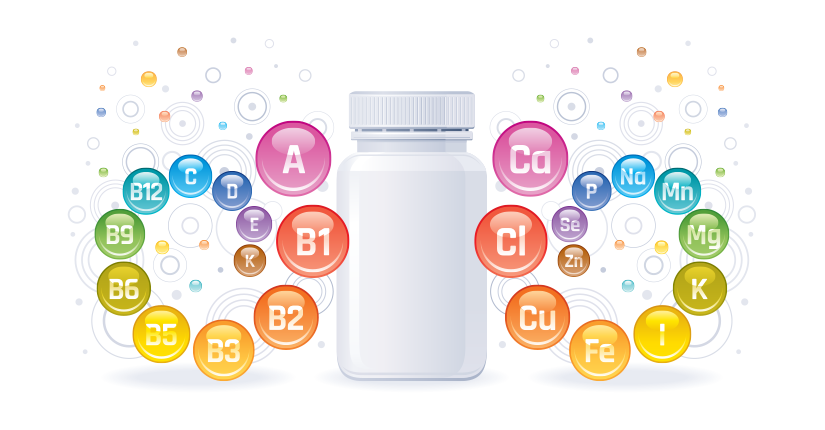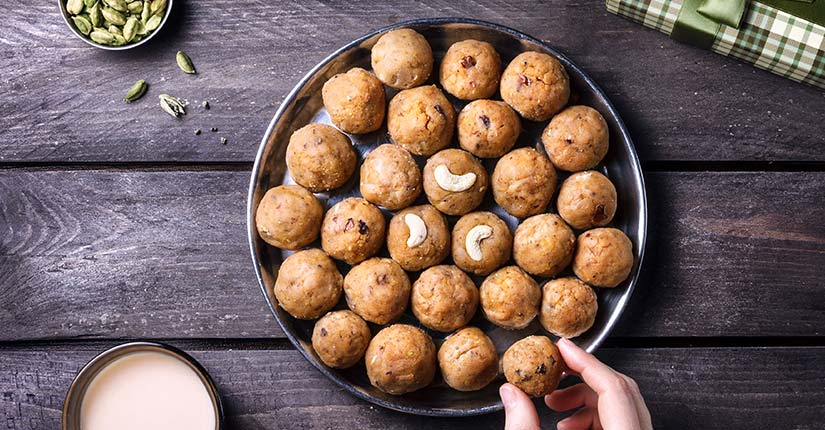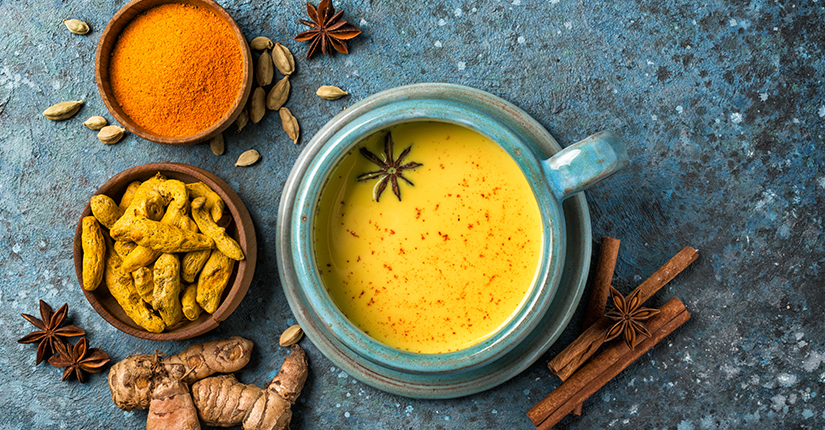Eczema – 5 food Items to Eat and to Avoid
By Nmami Agarwal 26-Jul 2021 Reading Time: 6 Mins

Eczema is also known as atopic dermatitis is an inflammatory skin condition that causes very dry, itchy skin, oozing blisters, and rashes on various parts of the body. People with eczema have to face a lot of skin irritation and it may also result in leathery skin patches over a while.
Eczema is very common in children younger than 2 years of age, but it can also affect older children and adults. Hereditary and environmental conditions may play a role in developing the condition.
Many people have shown eczema with the signs of food allergies. However, every person’s body is different and no two individuals may show the same signs and symptoms. The further increase of Eczema can be avoided with the help of a healthy diet and certain food items that should be included; on that note some food items should be avoided so that a person with Eczema conditions does not get reversed.
Now, let’s discuss 5 foods that should be included and avoided in a diet for a person having Eczema are as follows:
Food to Include:
- Anti-inflammatory foods: For some people, eating certain foods can trigger their body to cause inflammation which in turn could increase Eczema. An anti-eczema diet must include anti-inflammatory foods like- Fish has high levels of omega-3 fatty acids which are anti-inflammatory. So, one can reduce symptoms of Eczema by fish like salmon, tuna, sardines, and mackerel.
- Probiotics-rich foods: Food items like curd will promote good gut health by improving the intestinal lining. By supporting this layer of the intestine, endotoxins produced by gut bacteria cannot cross the bloodstream and this prevents inflammation. Probiotic-rich foods other than yogurt are- Indian cheese, Miso soup, Idli, Green peas, Fermented pickles, Kefir and Tempeh
- Food high in Quercetin: Quercetin is a plant-based flavonoid. It is responsible for antioxidant properties for many fruits and vegetables. It has many health benefits like anti-inflammation, immune system regulation and also protects the heart. Food rich in Quercetin are apples, spinach, broccoli, cherries.
- Potassium-rich foods: Potassium is another inflammation fighting food that can help to reduce eczema symptoms. Some of these foods are bananas, sweet potatoes, avocados, white beans and salmon.
- Food rich in Vitamin-D: Vitamin D is a fat-soluble vitamin that is also known as the ‘Sunshine Vitamin.’ It will help people with eczema by protecting them against allergic sensations. Include Vitamin-D rich foods like fatty fish.
Foods to Avoid:
- Sugary Foods: Sugar spikes the insulin level in the body and thus, it will increase inflammation in the body. For example- cakes, smoothies, sodas, etc.
- Processed Foods: Foods containing preservatives and artificial ingredients may also increase the symptoms. Fast foods and processed food like burgers, pizza should be avoided.
- Dairy products: Cow’s milk is one of the most common reasons for eczema increase in children. Parents should gradually remove milk and its products from a child’s diet because completely removing them in one go will lead to many vitamin deficiencies. Some children outgrow it at a later stage.
- Citrus Fruits: Fruit rich in Vitamin C and antioxidants but they also contain an allergen called Balsam of Peru which may trigger eczema. For example- orange, lemon, grapefruits.
- Gluten-rich foods: Foods that are high in gluten should be avoided as this might contribute to eczema flare-ups too. For example- Bread, pastries, pasta.
Over to you:
Every coin has two sides and the same goes here. It’s worth paying careful attention to how your diet affects your eczema. Although, food directly may not decrease eczema but it will gradually reduce its symptoms and prevent them from increasing any further.

